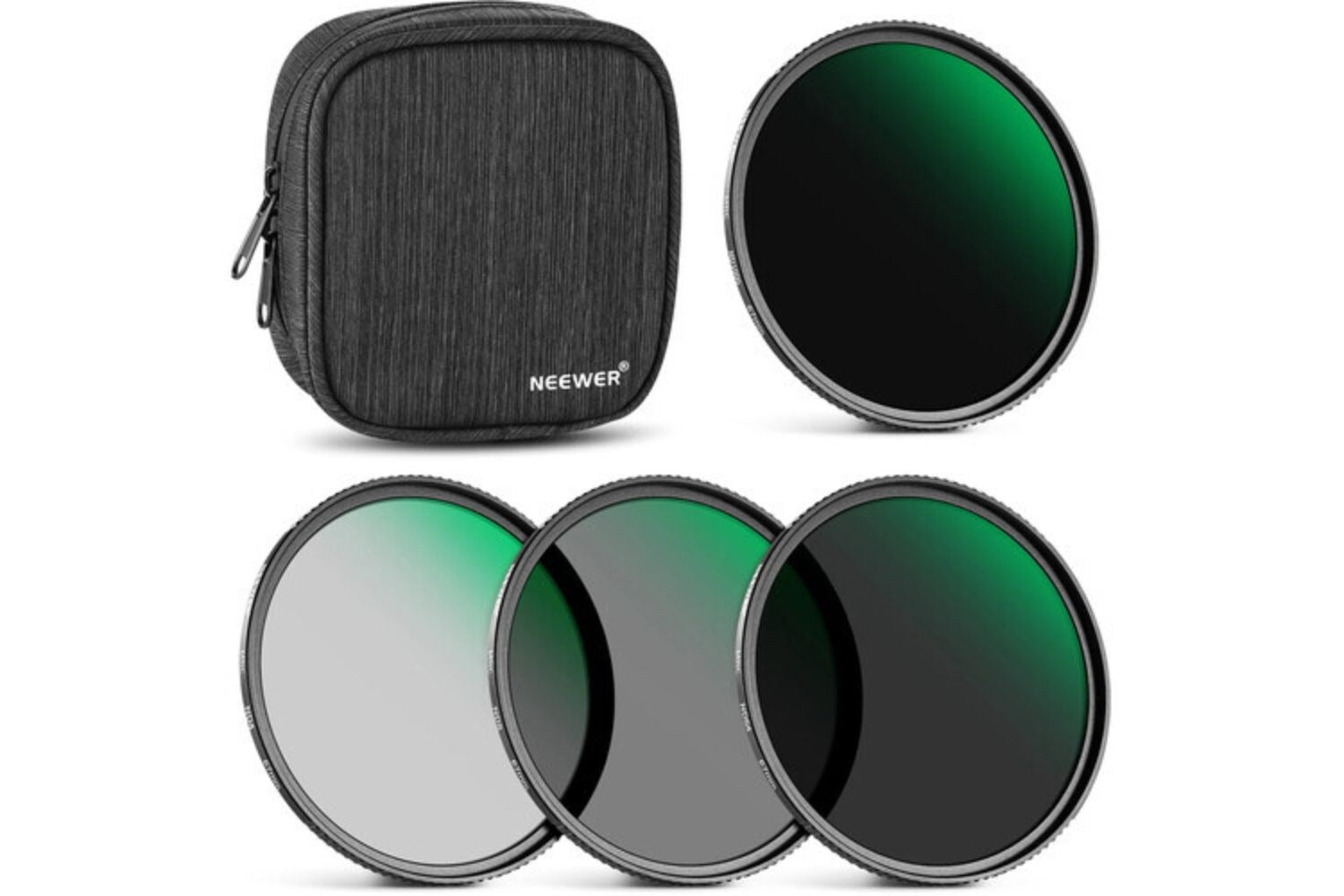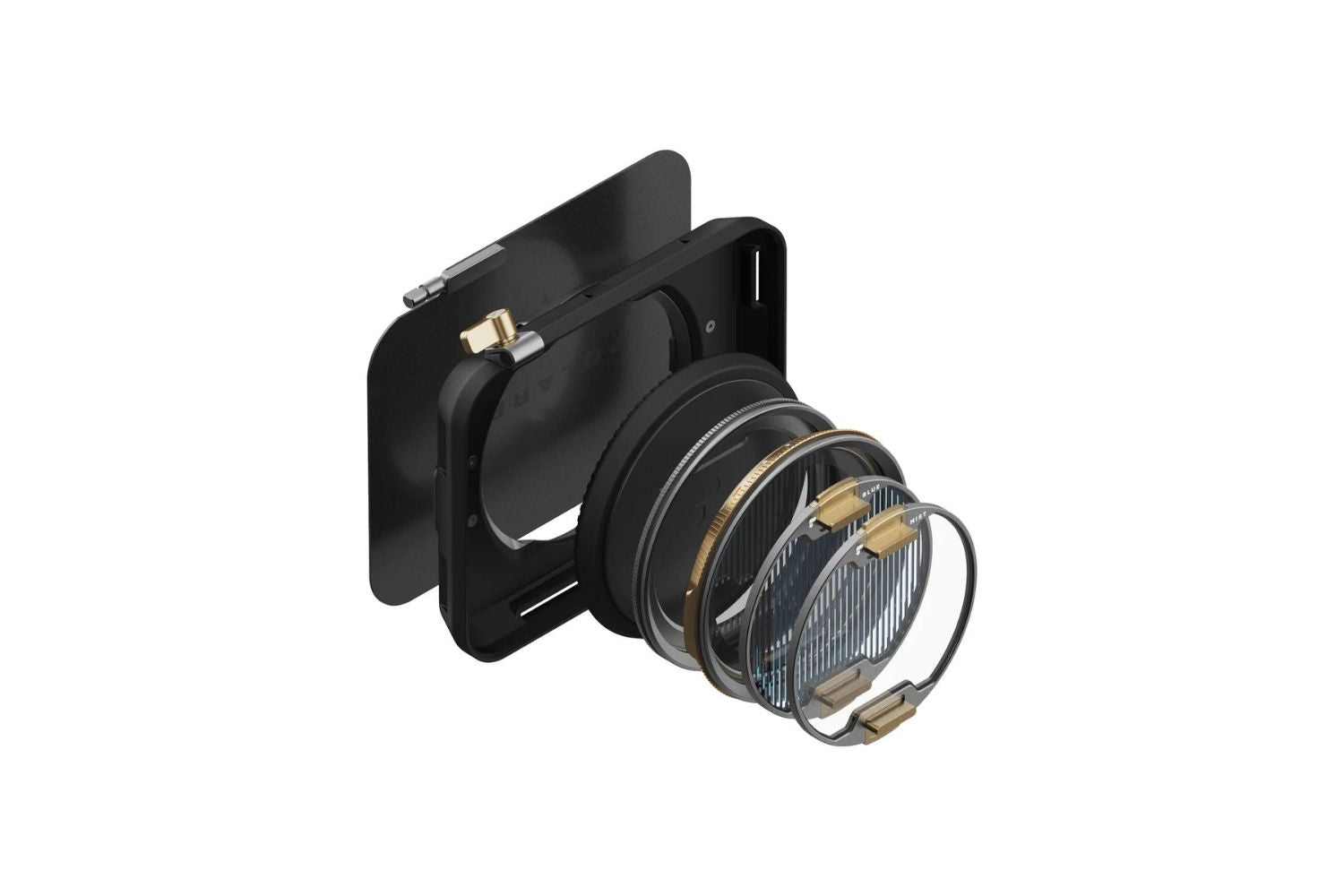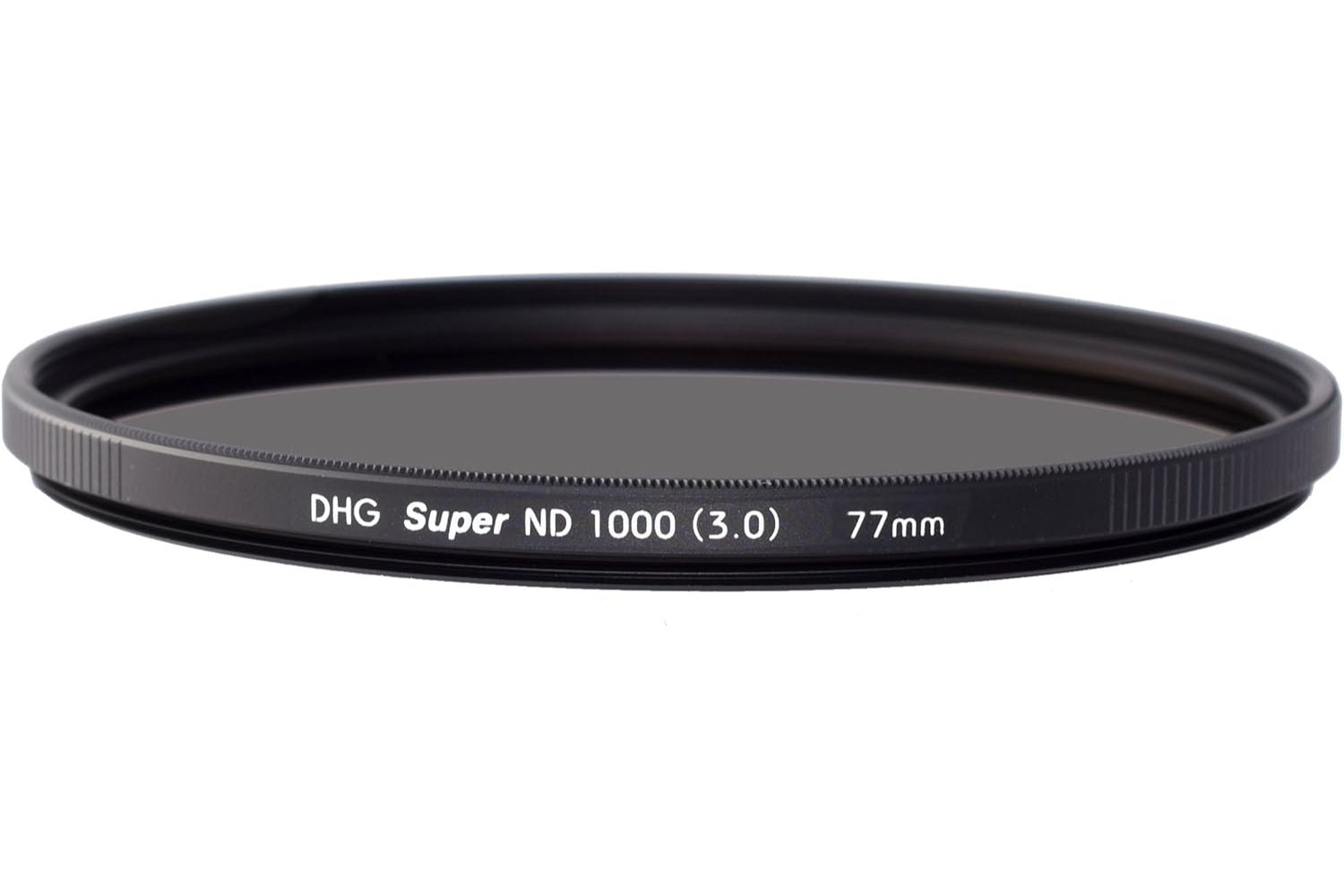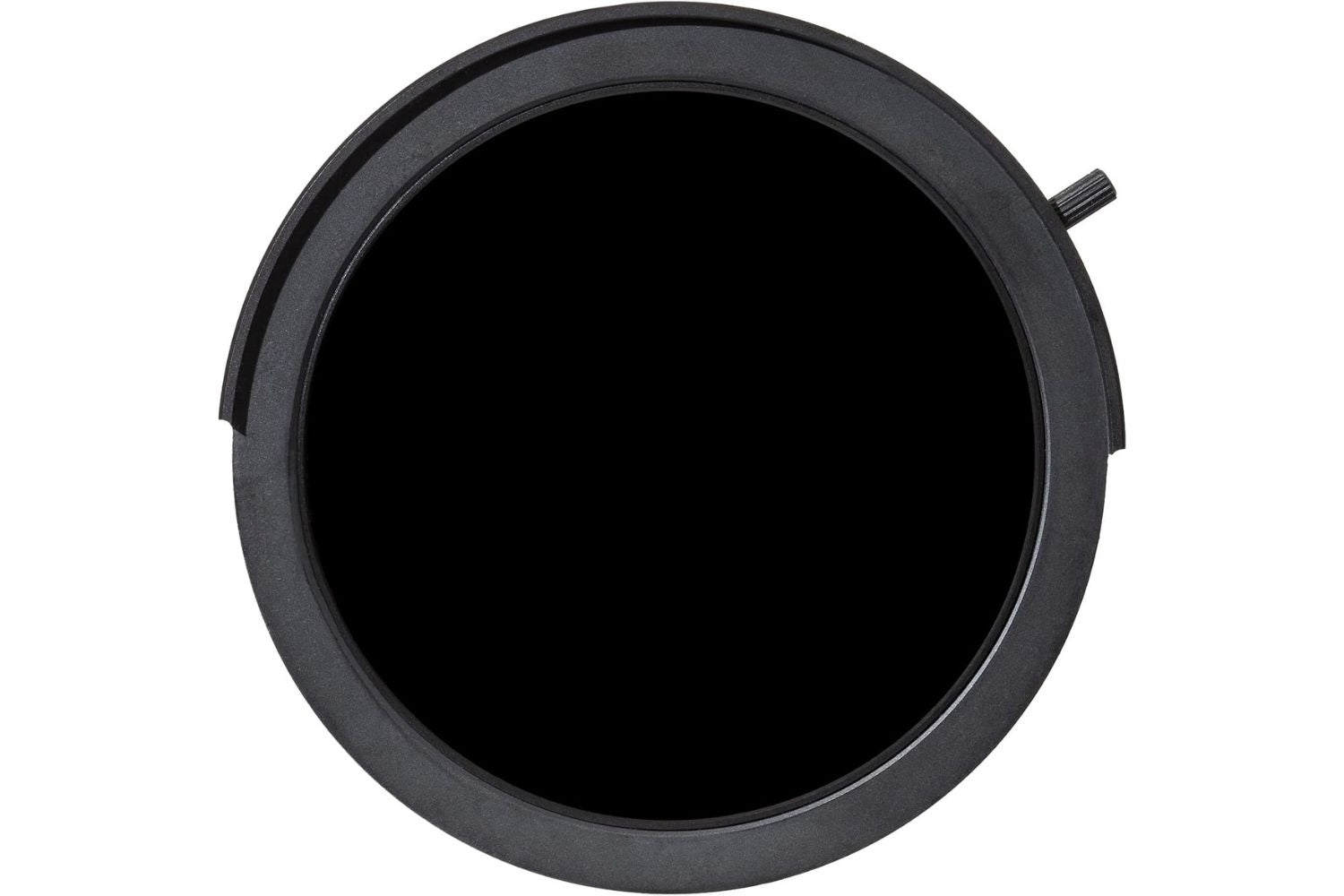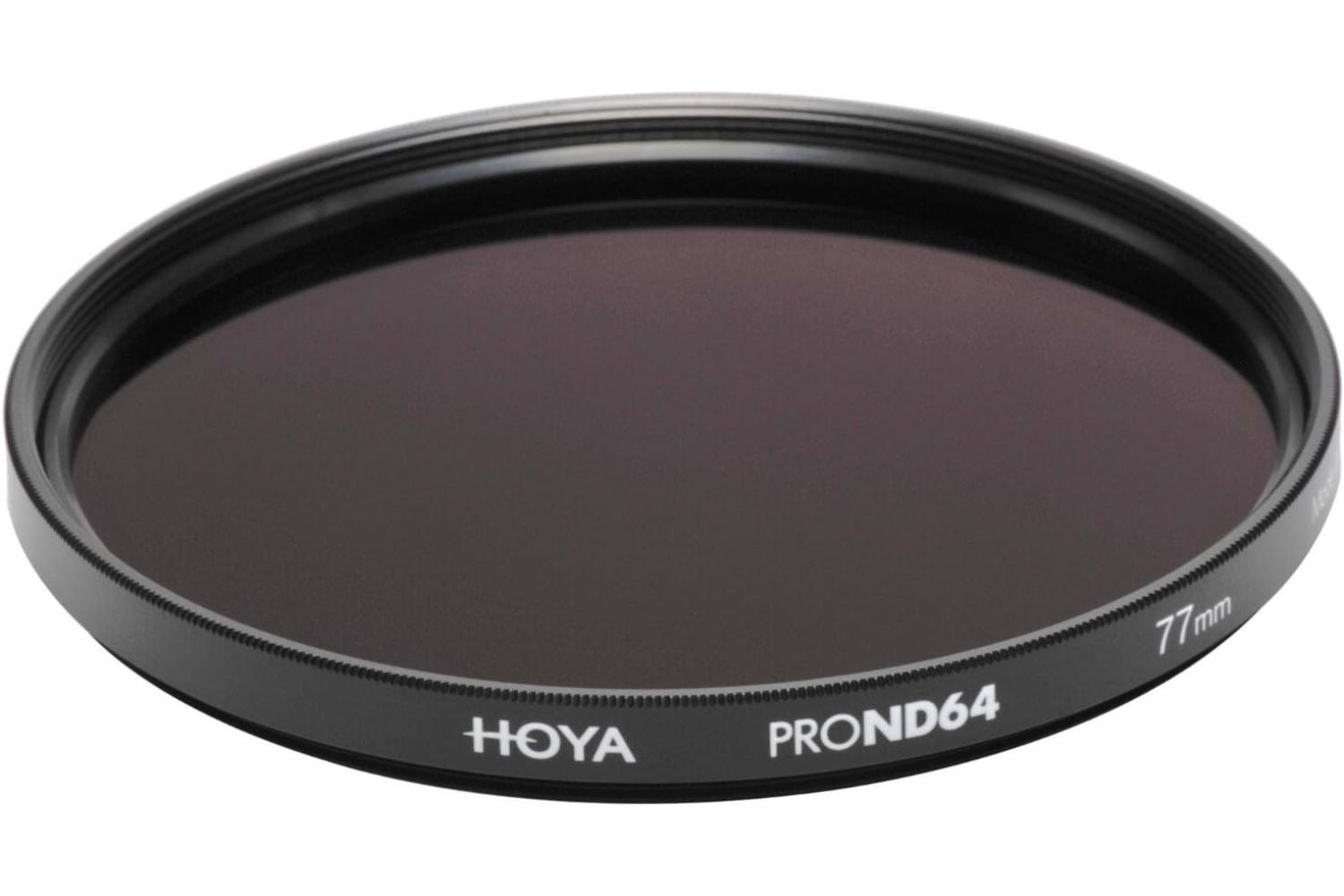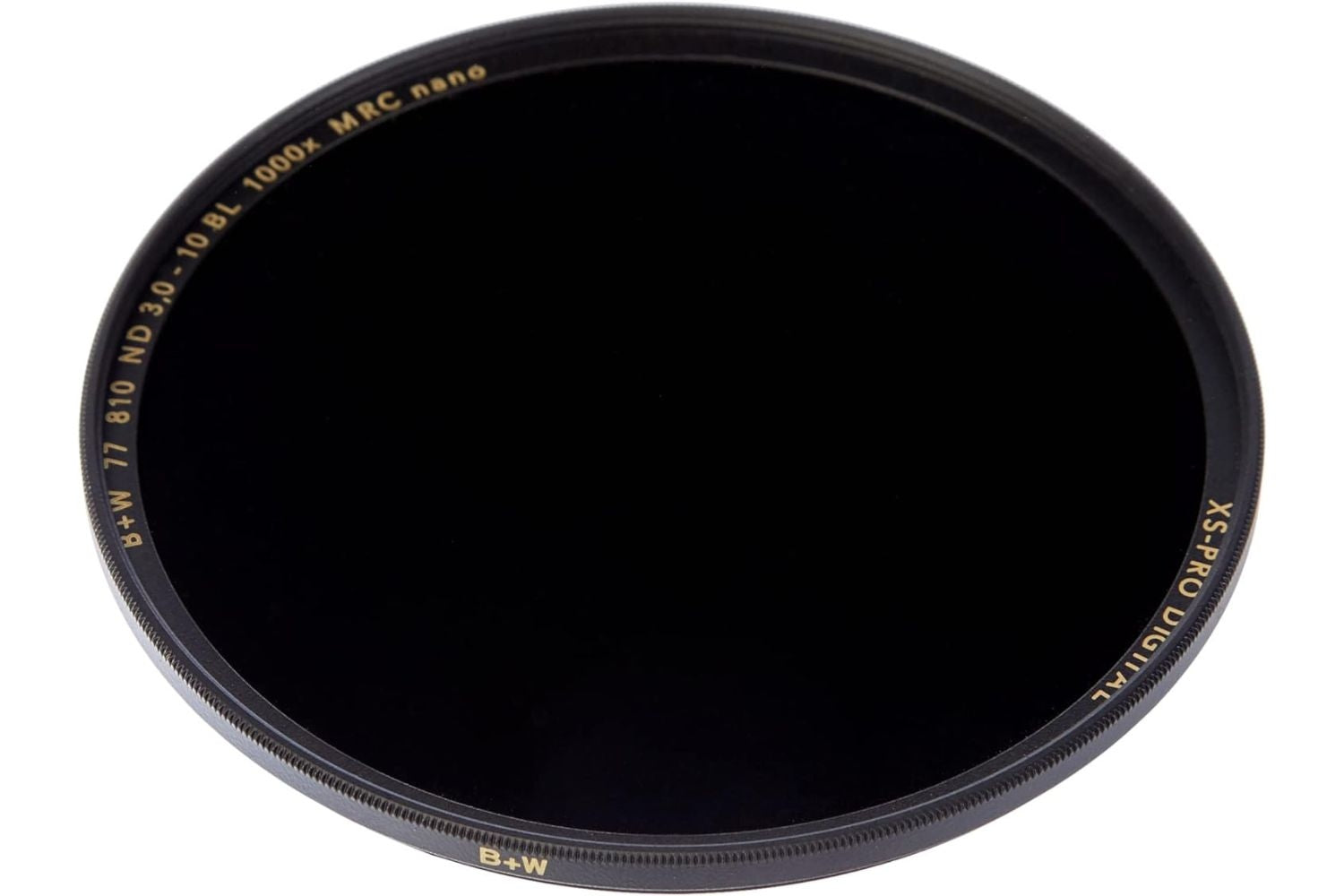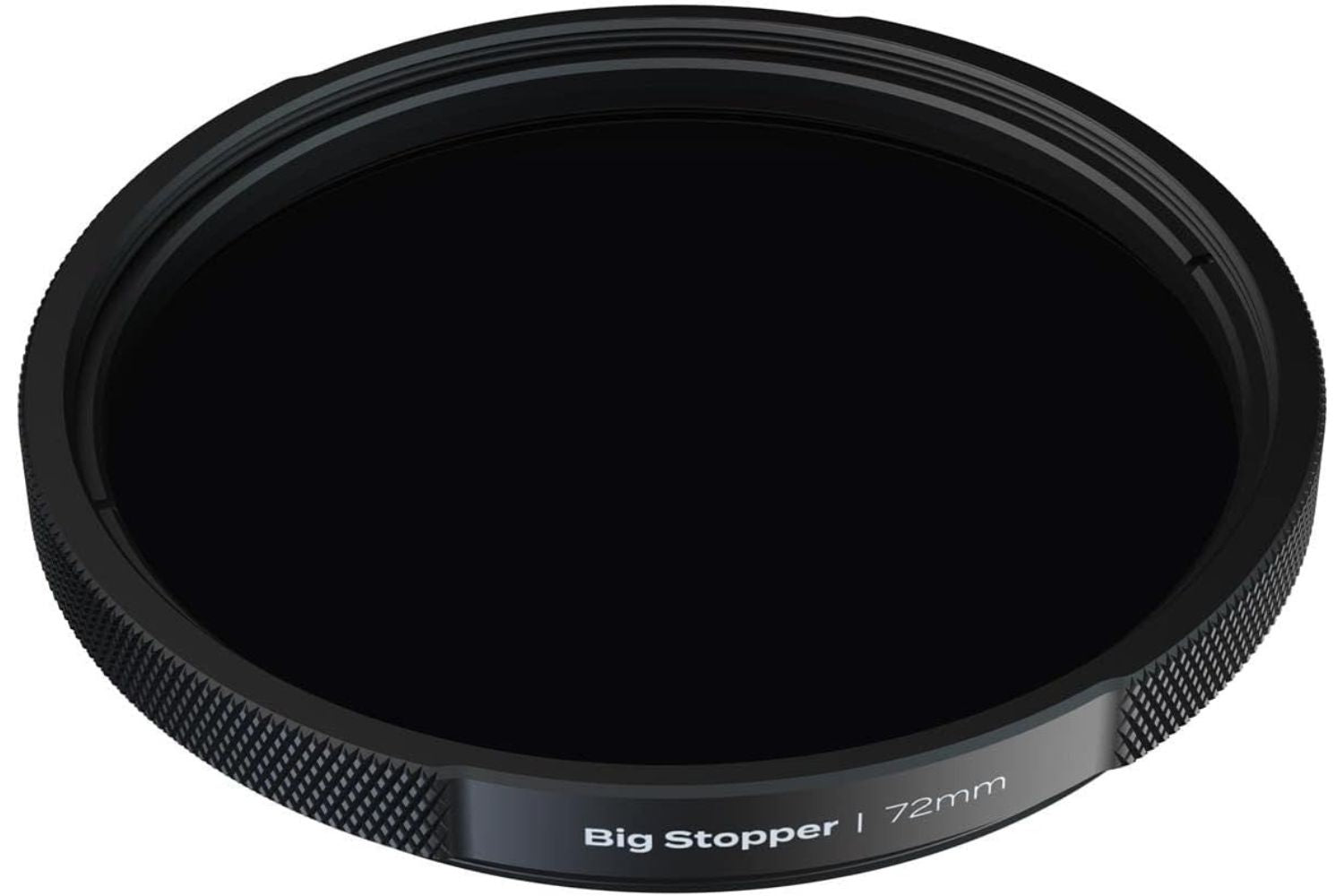✨ Build your dream setup!
ND Filter Buyer's Guide: Secrets to Perfect Photography

ND filters are a revolution in photography, opening up new possibilities for creativity. They allow photographers to manipulate light with precision, enabling stunning effects.
In this guide, we'll explore how you can unleash artistic potential with ND filters and equip you with the eight best ND filters that will elevate your photography to new heights.
What Is ND Filter
A ND filter is a tool that reduces the amount of light entering a camera lens without altering the color. When used appropriately, you can achieve unique effects like motion blur and narrow depth of field.
Unleashing Artistic Potential With ND Filters
1. Time-lapse With ND Filters
ND filters allow for longer exposure durations in time-lapse photography, accurately capturing minute changes in light and shadow. It allows you to make spectacular time-lapse sequences that exhibit dynamic alterations over time.
2. Water Motion Blur Using ND Filters
Utilize ND filters to create a captivating motion blur in water, emphasizing the flow and creating a dreamlike effect. Use this to create a sense of movement and tranquility, turning ordinary water scenes into ethereal visual narratives.

Photo by Yoav Aziz on Unsplash
3. Video Shallow Depth of Field With ND Filters
ND filters enable wider apertures in video recording, creating a cinematic shallow depth of field for a professional and visually stunning look.

Photo by Jamie Street on Unsplash
4. Smooth Water Reflections With ND Filters
To achieve mirror-like surfaces, capture smooth water reflections using ND filters, minimizing ripples and disturbances.
5. Fixing Overexposure in Harsh Lighting Conditions
In intense sunlight, overexposure can be a common issue. ND filters help mitigate this problem. They allow you to maintain proper exposure levels by reducing the light entering the lens.
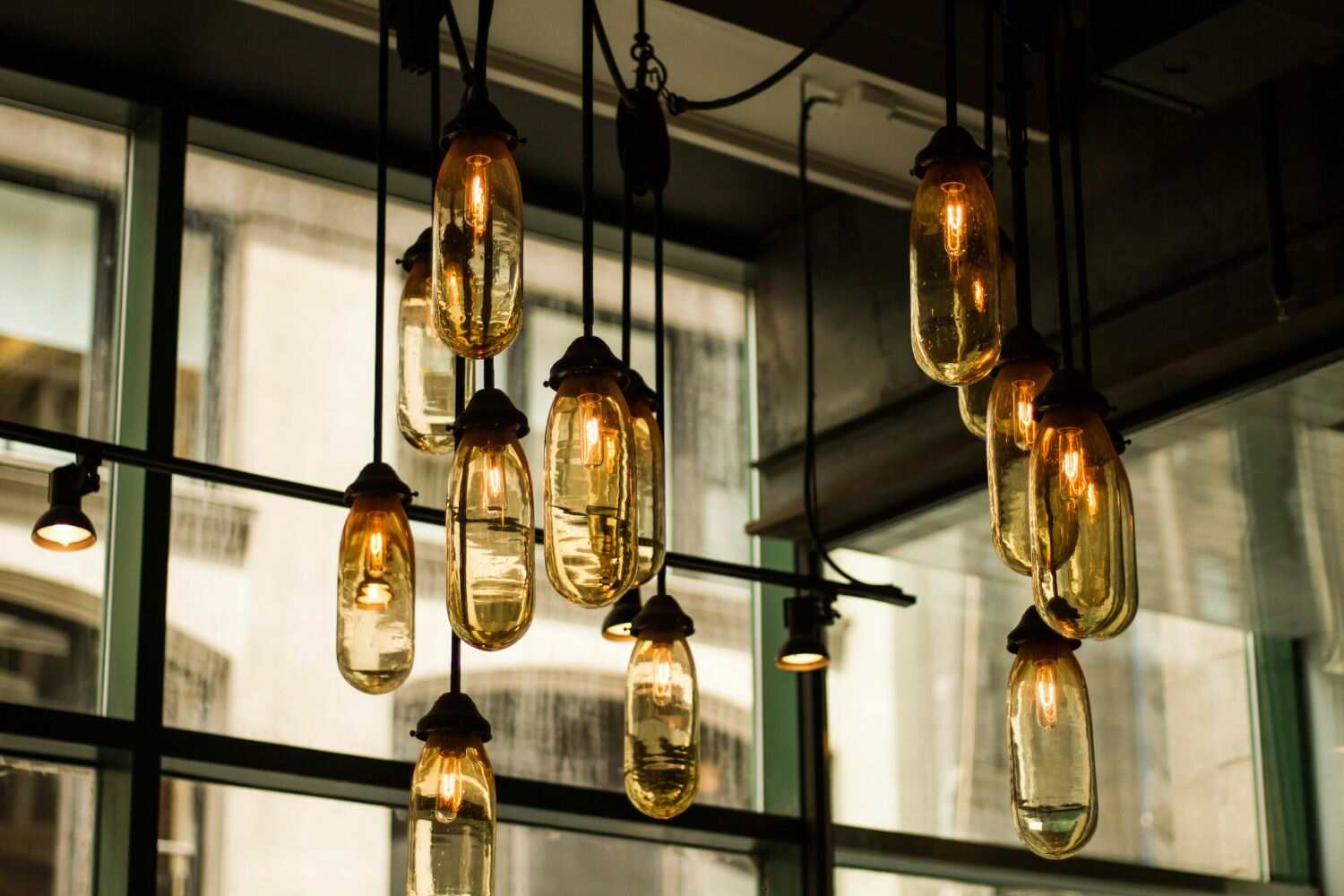
Photo by Erol Ahmed on Unsplash
6. Lens Protection With ND Filters
ND filters provide a protective shield to your camera lens. It serves as a safeguard to prevent possible scrapes, drops of water, or other physical harm.
How to Choose a Perfect ND Filter
1. Color Accuracy
A high-quality filter maintains true colors. It should allow just the right amount of light to pass through without altering its color quality.
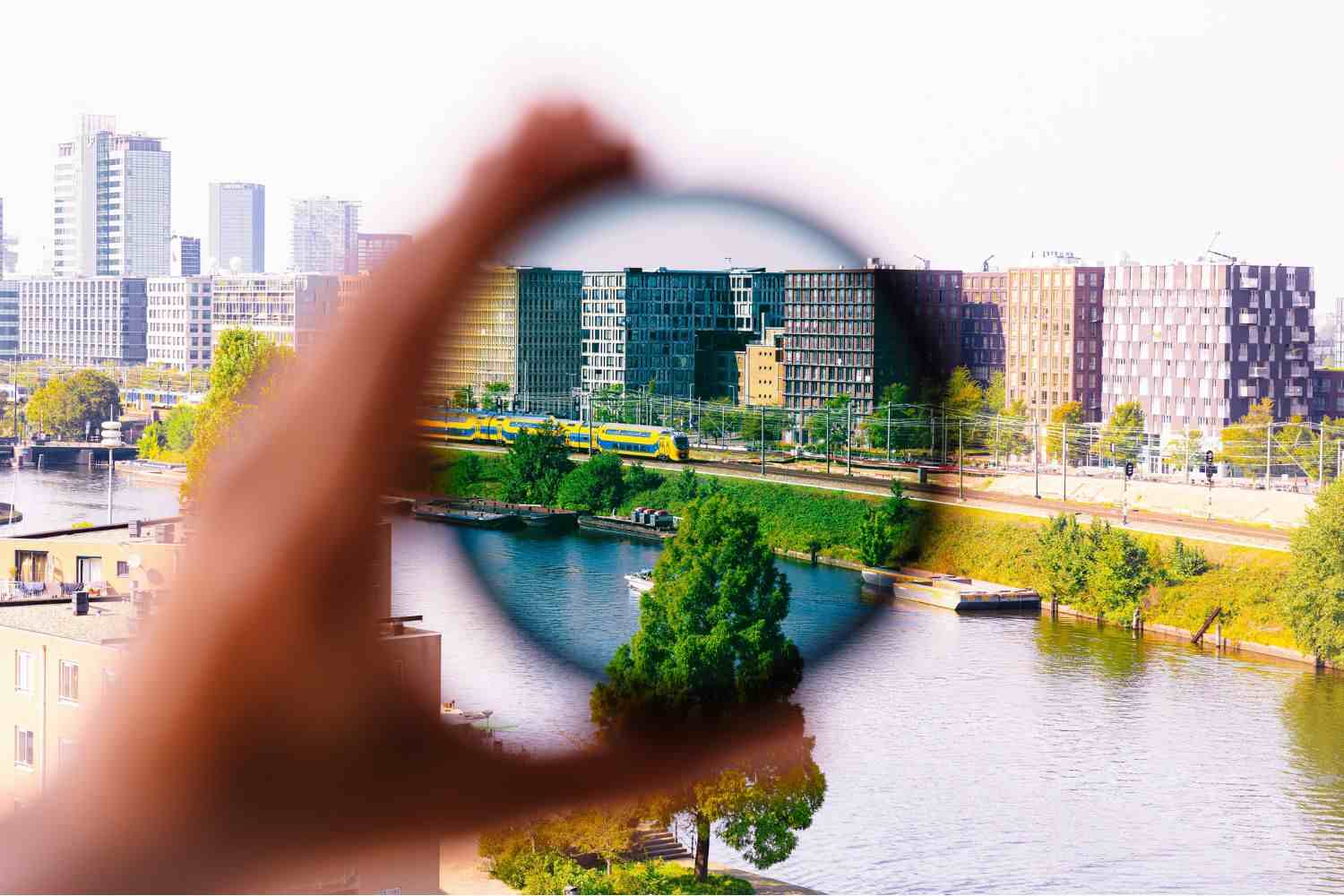
Photo by PayMon Shoj on Unsplash
2. Precise Levels of Light Reduction
Knowing the degree of light reduction a filter offers ensures effective control over exposure, allowing you to achieve desired lighting effects by selecting the optimal filter for each photographic scenario.
3. Anti-Reflection Coating
An anti-reflective coating reduces stray reflections and improves the overall optical response of a filter, enabling you to get sharp images under different lighting conditions.
4. Build Quality
A well-built filter ensures longevity and contributes to better image quality by preventing issues like light leaks or distortions.
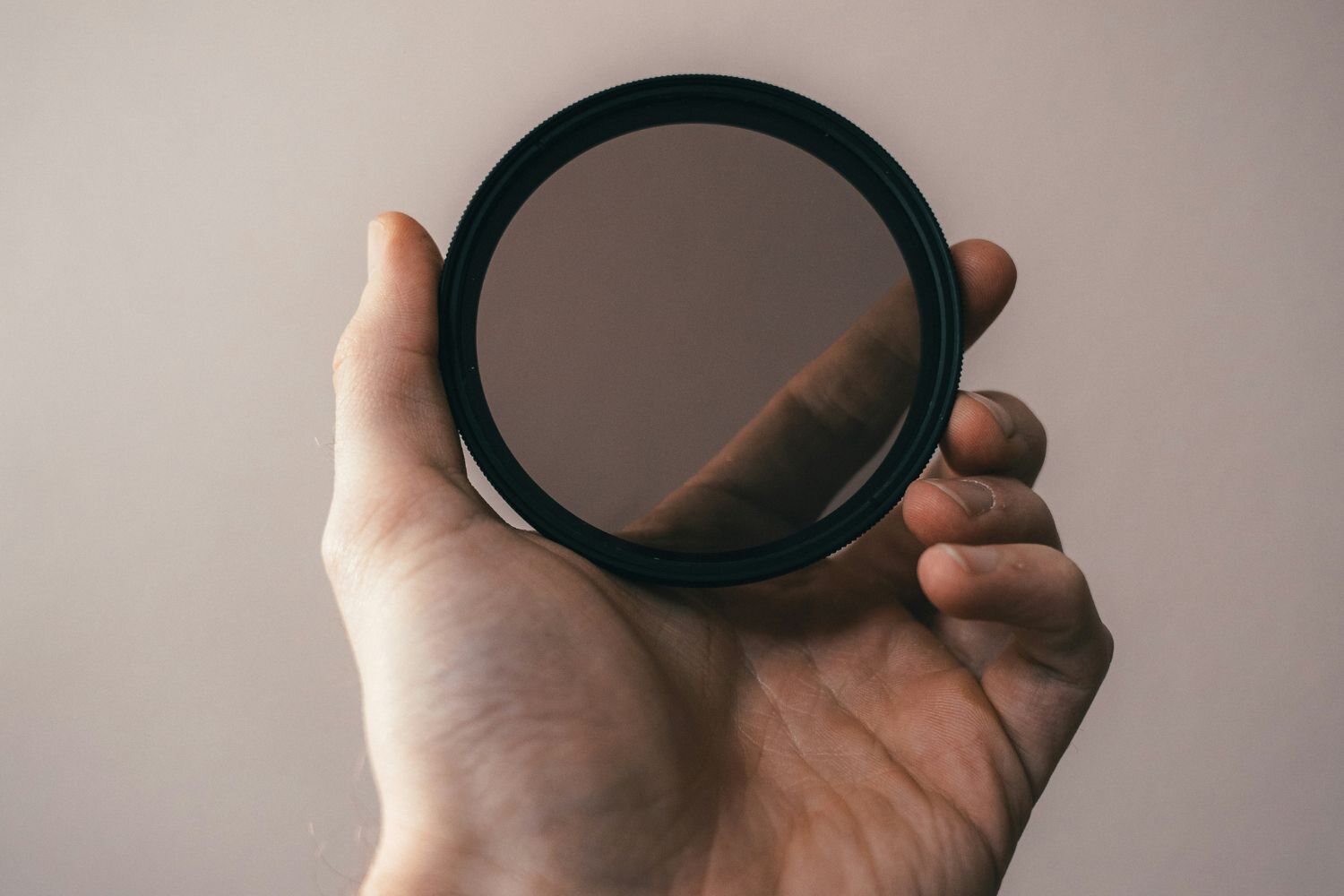
Photo by Chris Lynch on Unsplash
5. Filter Specs
Consider the ND filter's specifications, such as size and compatibility with your lens, ensuring seamless integration with your current equipment.
6. Density Options
Having an ND filter with adjustable density allows you to adapt to different light conditions and create diverse artistic effects by flexibly adjusting exposure settings across various environments.
8 Best ND Filters in 2024
1. Cokin Nuances Extreme NDfi Z-Pro
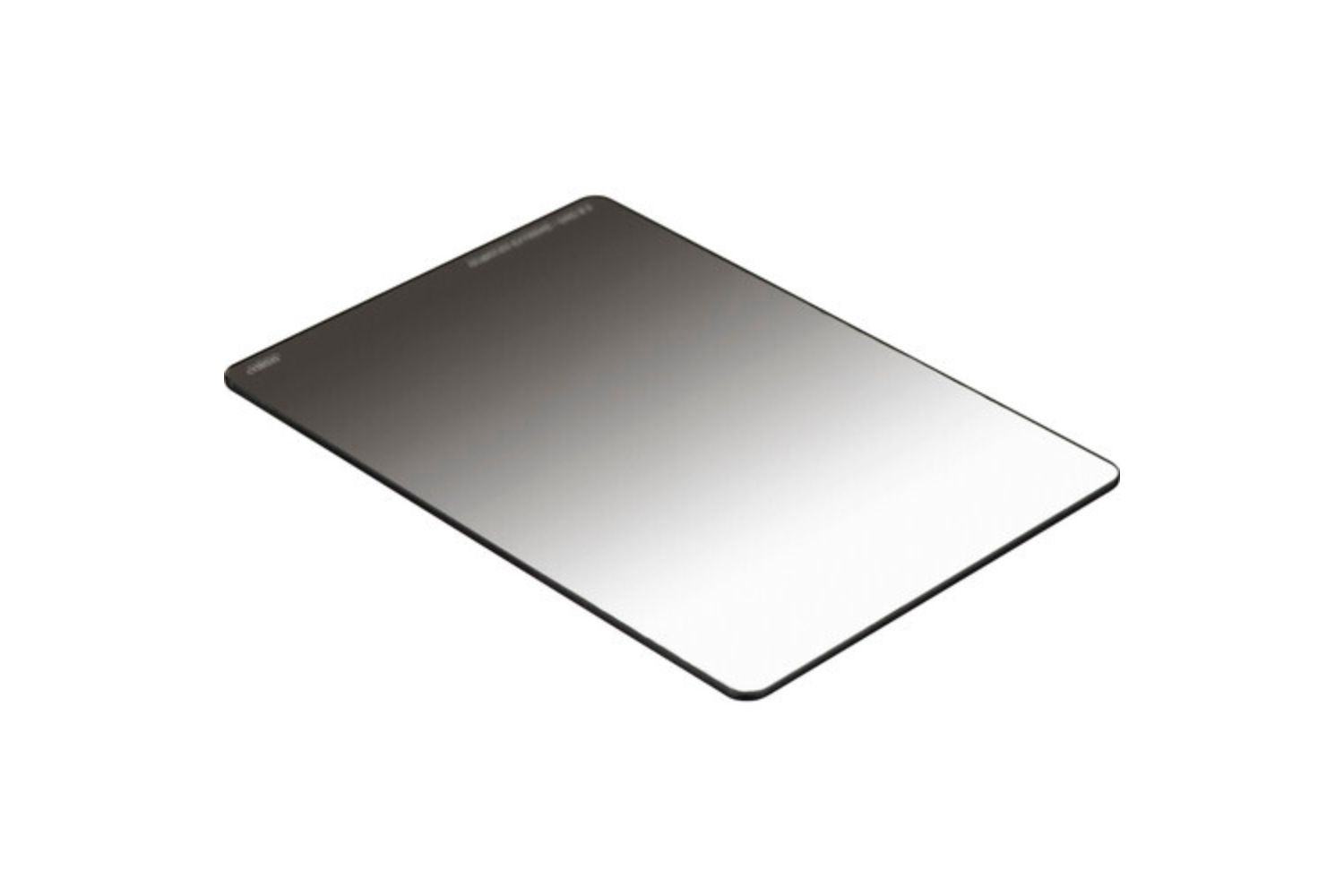
Image credit: bhphotovideo.com
Specifications
- Material: Optical glass
- Filter thread size: 130mm
- Coating: No
- Dimensions: 3.94 L x 3.94 W inches
Pros
- Zero sharpness reduction
- Excellent color accuracy
- Several densities available
Cons
- It is expensive
Price
$149.95
2. Neewer HD Neutral Density Filter 4-Pack (62mm)
Image credit: amazon.com
Specifications
- Material: Glass
- Filter thread size: 62mm
- Coating: Multi-Coating
- Dimensions: 5.4L x 4W inches
Pros
- Perfect for beginners
- Scratch resistant
- Sharp image quality
- No vignetting
Cons
- Not the best build quality
Price
$107.99
3. PolarPro Recon Variable ND
Image credit: amazon.com
Specifications
- Material: Glass, Fibre
- Filter thread size: 82mm
- Coating: Quartztech coating
- Dimensions: 7.8L x 7.3W inches
Pros
- No cross-polarization
- High-quality build
- Tool-free setup
Cons
- Occasional vignetting
Price
$399.99
4. Marumi DHG Super ND1000 Filter
Image credit: amazon.com
Specifications
- Material: Optical Glass
- Filter thread size: 77 Millimeters
- Coating: Multi-Coating
- Dimensions: 3.03"L x 3.03"W
Pros
- Ensures exceptional light transmission
- Effortlessly adjustable with its textured rotation ring
- Maintains pristine image quality
Cons
- The flimsy storage box deteriorates after regular use.
Price
$79
5. H&Y K-Series ND 4000
Image credit: amazon.com
Specifications
- Material: Glass
- Filter thread size: 184 Millimeters
- Coating: Multi-Coating
- Dimensions: 3.74"L x 3.74"W
Pros
- Filter frames offer additional protection to glass filters
- Simple to use, with quick filter change
- Added glass filter protection with filter frames
Cons
- Higher cost for separate filter frames
- Small and somewhat challenging locking screw for magnetic filters
Price
$179
6. Hoya Pro ND 64 Filter
Image credit: amazon.com
Specifications
- Material: Aluminium
- Filter thread size: 77 Millimeters
- Coating: Multi-Coating
- Dimensions: 3.03"L x 3.03"W
Pros
- Extensive range of filter diameters
- Exceptional round ND filter excellence
Cons
- It falls slightly short compared to square filters
Price
$69
7. B+W 3.0-1000x Nano Camera Lens Filter
Image credit: amazon.com
Specifications
- Material: Plastic
- Filter thread size: 77 Millimeters
- Coating: Multi-Coating
- Dimensions: 3.03"L x 3.03"W
Pros
- Diverse density options
- Abundant thread diameter choices
Cons
- Inaccurate f/stop ratings
Price
$104.22
8. LEE Elements Big Stopper Circular Filter
Image credit: amazon.com
Specifications
- Material: Glass
- Filter thread size: 72 Millimeters
- Coating: Multi-Coating
- Dimensions: 2.83"L x 2.83"W
Pros
- No discernible color tint
- Outstanding optical performance
- Significantly prolongs exposure times
Cons
- Costly
Price
$175
Conclusion
ND filters truly transform photography by giving photographers greater control over light exposure. Their ability to create artistic effects and capture dynamic scenes is unmistakable. This makes them a must-have tool for every photographer.














 Valentine's Day🌹
Valentine's Day🌹







